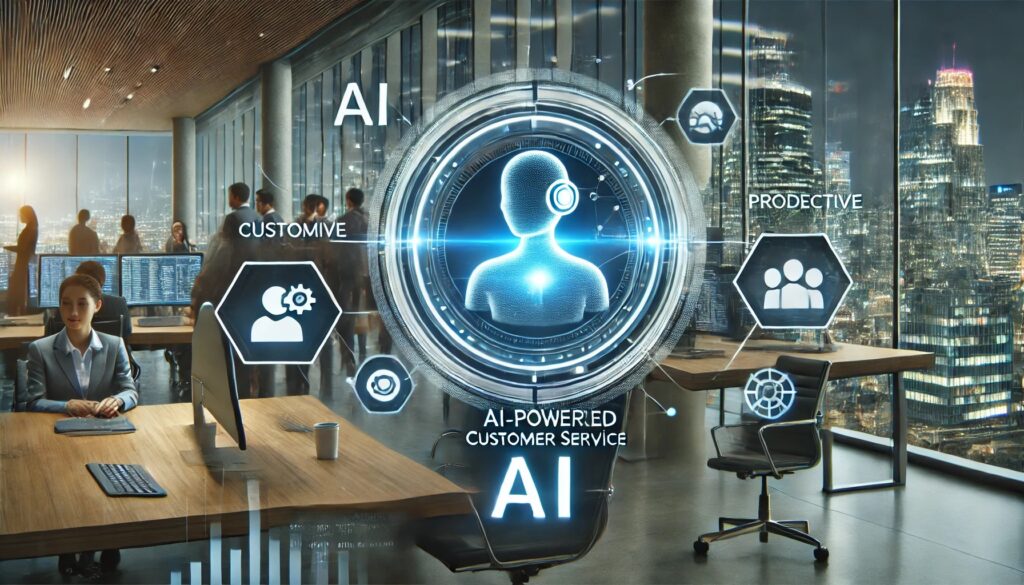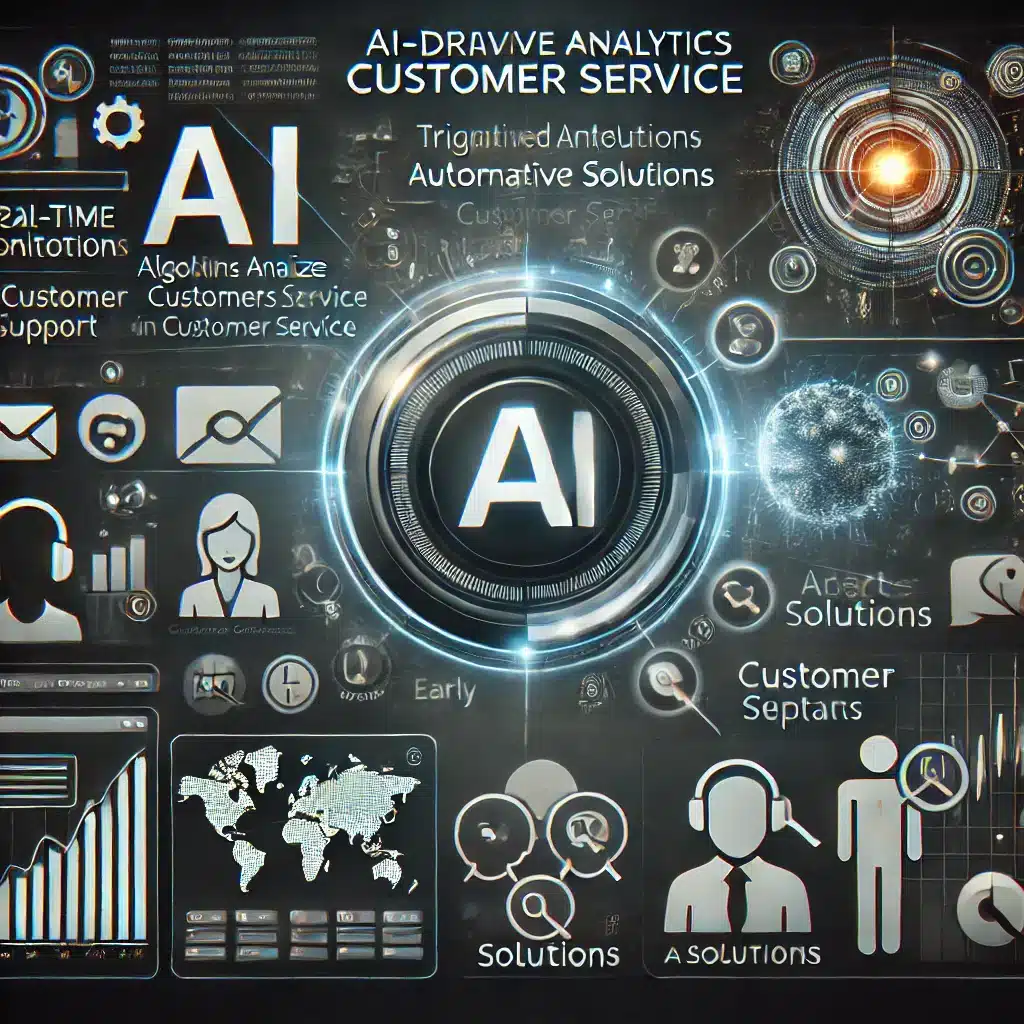Introduction to AI and Belief Modification
Artificial Intelligence (AI) has evolved significantly, transforming numerous aspects of our lives. However, its capability to sway beliefs, especially conspiracy theories, is profound. According to a recent study, it can change deeply held convictions. Thus, understanding its implications for marketing strategies becomes crucial. Let us understand the AI myths below.
AI’s Role in Changing Beliefs
Dr. Thomas Costello’s research, as reported in Science, reveals how tailored AI conversations can alter conspiracy beliefs. The findings challenge the notion that evidence rarely sways believers. Instead, it engages in critical thinking, producing fact-based counterarguments. Hence, it’s ability to modify beliefs significantly influences marketing strategies.
The Experiment: DebunkBot
The study used an AI system called DebunkBot. Participants described conspiracy beliefs, and the AI provided personalized counterarguments. Subsequently, belief in these theories decreased by 20%. This finding implies that AI can effectively combat misinformation and enhance marketing credibility.
The Power of Personalized AI Interactions
The success of DebunkBot lies in its personalization. By understanding an individual’s belief system, AI tailors its persuasion. Consequently, marketers can utilize AI to customize messages, increasing engagement and trust among consumers. For example, personalized AI can address product misconceptions, fostering consumer confidence.
Real-World Applications
AI’s ability to shift beliefs has real-world applications. For instance, on social media, AI can counteract misinformation, enhancing brand reputation. Moreover, tailored AI responses can improve customer service, solving issues efficiently and boosting customer satisfaction.
Public Trust and AI
Notably, public trust in AI is pivotal. During an interview with Oprah Winfrey, OpenAI CEO Sam Altman emphasized the need for transparency and dialogue. Altman’s discussion highlighted the importance of building trust in AI, similar to trust in human decision-makers.
AI Myths: Challenges and Opportunities
Altman acknowledges the potential misuse of AI but stresses its tremendous benefits. Therefore, marketers must weigh ethical considerations and ensure artificial intelligence is used responsibly. By maintaining transparency and customer focus, AI can be a powerful marketing tool.
Conclusion
In summary, AI’s role in changing beliefs offers marketers unique opportunities. With personalized interactions, artificial intelligence can combat myths and build trust. However, ethical use is crucial. As artificial intelligence continues to evolve, its impact on beliefs and marketing strategies will undoubtedly grow, shaping the future of consumer engagement and trust.



